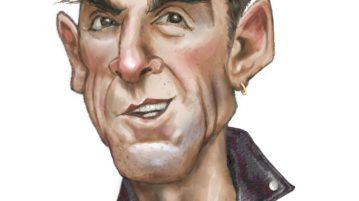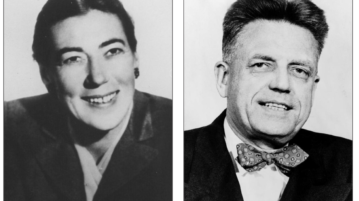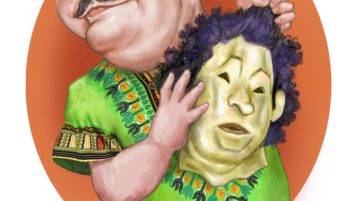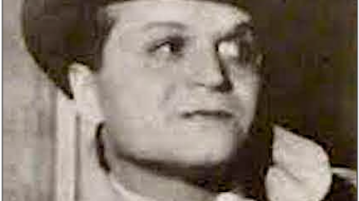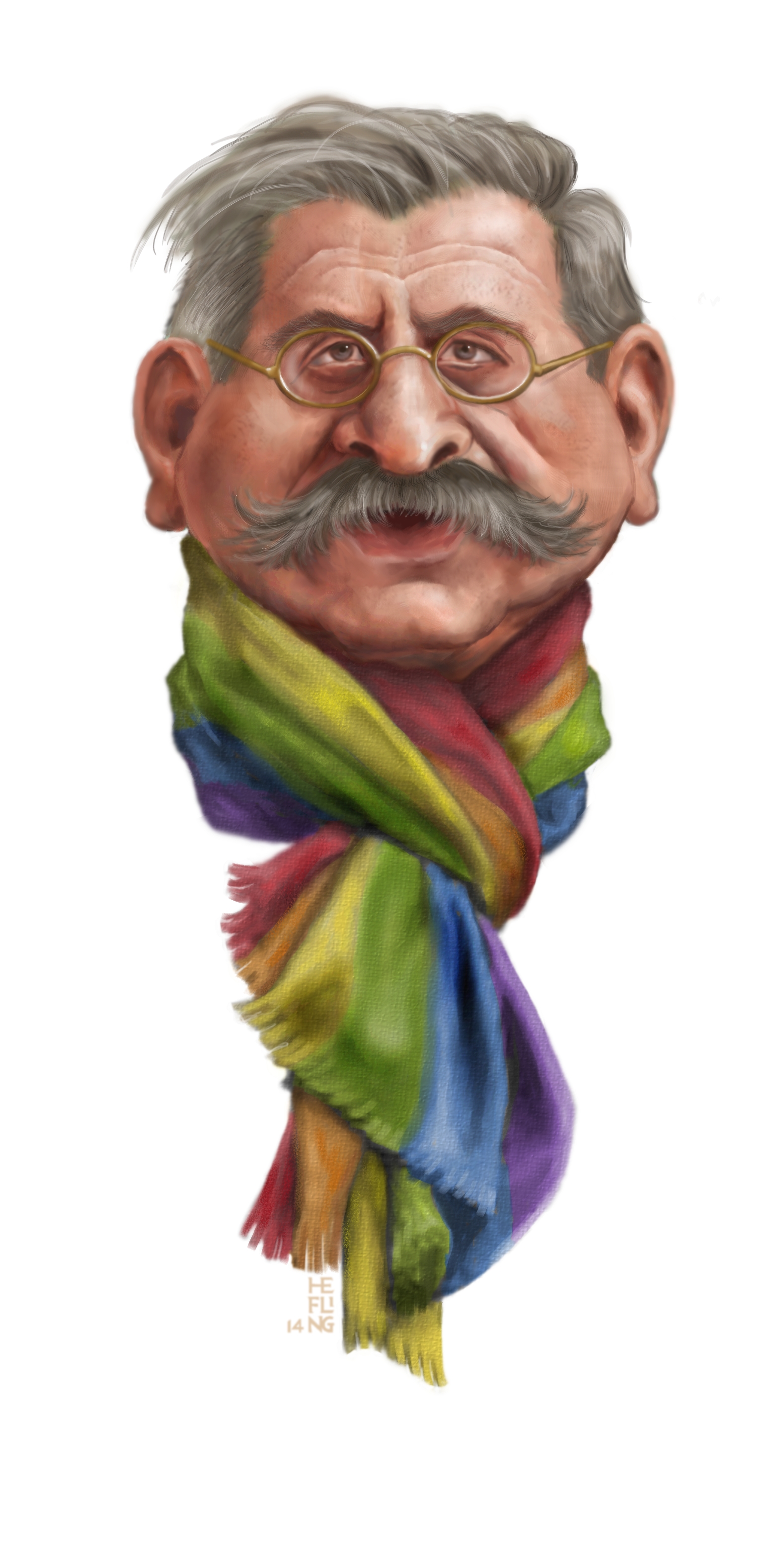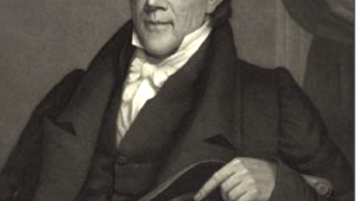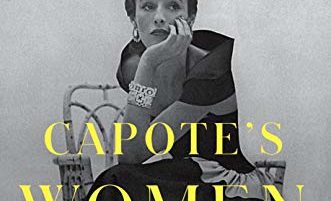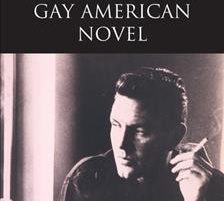
The Curious Case of Gordon Merrick
Who did read Merrick’s books? Not his agent, Merrick eventually realized, or even his editor at Avon Books. But thousands of fans did. Sales figures are sprinkled throughout Joseph M. Ortiz’ new biography, Gordon Merrick and the Great Gay American Novel. One refers to over a million books sold. They did well in France and England. French critics considered Merrick a “serious” novelist. It helped that Merrick was fluent in French (one reason the OSS hired him), and so did the fact that he was critical of his own country’s shortcomings.
More

